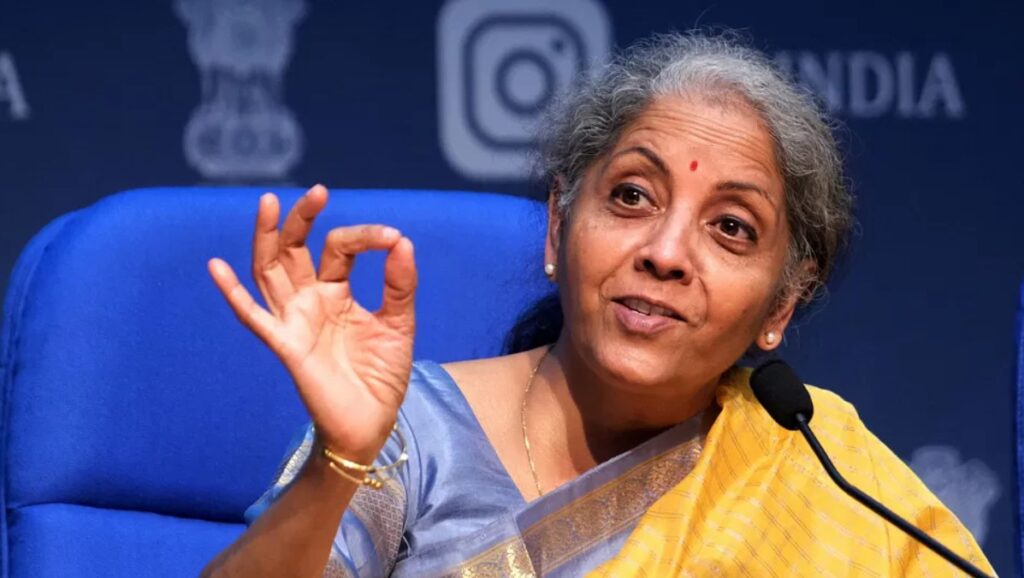Nirmala is a Sanskrit term that translates as “clear,” “limpid,” and “crystalline.” Vedanta Desika makes reference to an “unadulterated gem” called a “Nirmala Spatika”. There is unmistakably a sense of purity. We might be able to add a few more connotations to our modern interpretation of the Amarakosha given the display of our money service. Reasonable, calm, tactful, and direct are adjectives that merit an alliterative series. It is not wrong to say, that her tax rates are just too high! However, I want to put aside my gripes and, for the first time, examine a finance minister through the lens of personal financial traumas or blessings, always keeping in mind that blessings are extremely rare. Read More Business News on our website.

Nirmala Sitharaman’s Vision for MSME to Make Nation Stronger Read Key Factors
Sitharaman has proven to be a worthy successor to Arun Jaitley, who successfully implemented a national value-added tax (GST), despite the fact that it lacks some desirable characteristics. A second request optimality despite extreme political pushbacks is superior to a divided market with flowing expenses, large numbers of which were backward and strongly hostile to the poor. Sitharaman has done a great job of moving the GST forward and handling the fractious Council with great skill.
In order to keep the tax system in a constant state of reform, she has also shown a burning concern for administrative and operational details. Life hasn’t been simple. Cerebral pain has been exacerbated by programming faults. Fraudsters have twisted the system.
In contrast to the conventional Indian take-it-or-leave-it bureaucratic approach, which is unfavorable to citizens, we now have a procedure in place that is occasionally willing and able to make course changes. The product is more responsive and superior. Gaps have been filled, and thieves have been apprehended. Most countries took a decade and a half to develop comparable tax regimes. We obviously move a lot faster.
Why Building MSME is Important for the Economy?
It is common knowledge that large public and private sector Indian businesses frequently defer making payments to subcontractors, suppliers, and vendors. Delays are the longest for the smallest and, as a result, most vulnerable financially. I’m not very familiar with the construction industry. Participating businesses will never hold up payments to powerful cartel members like cement and steel giants. They regularly request and get settlements ahead of time, as a matter of fact. Yet, a little provider of blocks or platforms or water or provisional work is constantly paid late. An absurd situation exists in which large clients receive working capital financing from small suppliers and service providers. A more backward and hostile MSME business practice can’t even be considered.
Now, a hundred businesses would have filed mandamus writ petitions and gone to court to protest the tyranny of the state if Sitharaman had passed a law mandating prompt payment. Furthermore, our resident accommodating courts would have remained the diktat. Sitharaman, on the other hand, carried out something simple, elegant, and, to be honest, revolutionary. Payments to suppliers can continue to be deferred by businesses. The state will not use tactics like twisting arms. However, your helpful Income Tax Officer will not permit you to deduct amounts that have not been paid as expenses. A payable could previously be accrued and the expense deducted. You can now only deduct if you pay.
